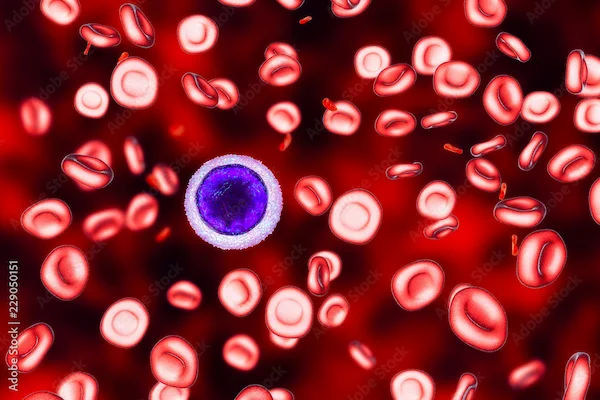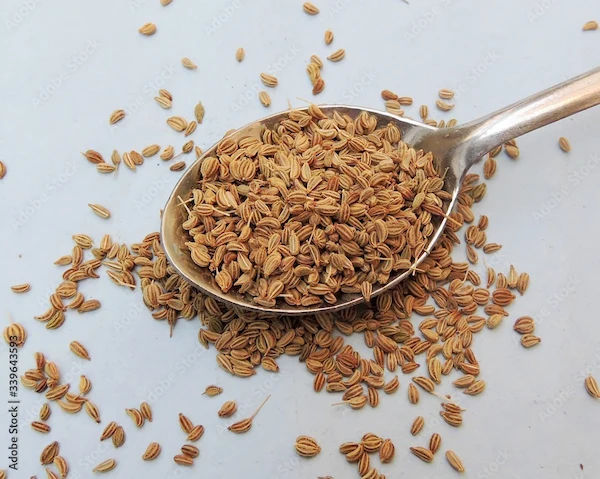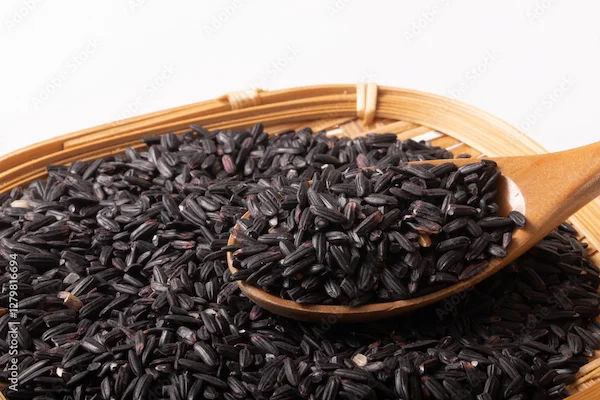What is MCV in Blood Tests?
Learn what MCV means in blood tests, what low or high MCV levels indicate, and how to manage them through diet and medical care. Understand symptoms and treatment options.

Written by Dr. Vasanthasree Nair
Reviewed by Dr. Rohinipriyanka Pondugula MBBS
Last updated on 27th Jul, 2025

When you get a blood test, you might notice a lot of numbers and abbreviations that can be confusing. One such term is MCV, which stands for Mean Corpuscular Volume. But what does it mean, and why is it important for your health? Let’s break it down in simple terms.
What is MCV?
MCV measures the average size of your red blood cells (RBCs). These cells carry oxygen from your lungs to the rest of your body. The size of these cells can tell doctors a lot about your overall health, especially if you have conditions like anaemia.
Your MCV is reported in femtoliters (fL), a very tiny unit of measurement. A normal MCV range is usually between 80 and 100 fL.
Why is MCV Important?
Your doctor may check your MCV as part of a Complete Blood Count (CBC) test. This helps diagnose different types of anaemia and other blood disorders. Depending on whether your MCV is low, normal, or high, it can indicate different health conditions.
1. Low MCV (Microcytic Anaemia – Small Red Blood Cells)
If your MCV is below 80 fL, your red blood cells are smaller than normal. Common causes include:
Iron deficiency anaemia (most common): Not enough iron in your diet or poor absorption.
Thalassemia: A genetic blood disorder affecting haemoglobin production.
Chronic diseases: Conditions like kidney disease or inflammation can affect red blood cell size.
2. Normal MCV (Normocytic Anaemia – Normal-Sized Red Blood Cells)
If your MCV is within the normal range (80-100 fL) but you still have anemia, it could be due to:
Blood loss (e.g., heavy periods, bleeding ulcers).
Chronic kidney disease (affects red blood cell production).
Bone marrow disorders (like aplastic anemia).
3. High MCV (Macrocytic Anaemia – Large Red Blood Cells)
If your MCV is above 100 fL, your red blood cells are larger than normal. Possible causes:
Vitamin B12 or folate deficiency: Needed for healthy red blood cell production.
Alcoholism: Excessive alcohol can affect bone marrow function.
Liver disease: Affects how blood cells are made.
Certain medications (like chemotherapy or HIV drugs).
Symptoms to Watch For
If your MCV is abnormal, you might experience:
Fatigue and weakness
Pale skin
Shortness of breath
Dizziness
Cold hands and feet
Irregular heartbeat
If you notice these symptoms, consult your doctor for further testing.
Consult Top Hepatologist For More Health Benefits
How to Improve Your MCV Levels
Depending on the cause, you can take steps to improve your MCV levels:
For Low MCV (Iron Deficiency)
Eat iron-rich foods: Spinach, red meat, lentils, beans, and fortified cereals.
Take vitamin C: Helps with iron absorption (oranges, tomatoes, bell peppers).
Avoid tea/coffee with meals: They can reduce iron absorption.
For High MCV (B12/Folate Deficiency)
Increase B12 sources: Eggs, dairy, fish, and fortified cereals.
Eat folate-rich foods: Leafy greens, citrus fruits, beans.
Limit alcohol: Excessive drinking can worsen deficiencies.
General Tips
Stay hydrated.
Exercise regularly to improve circulation.
Get regular blood tests if you have ongoing conditions.
When to See a Doctor?
If your blood test shows abnormal MCV levels, your doctor may recommend:
Further tests (iron studies, vitamin B12/folate levels).
Dietary changes or supplements.
Treatment for underlying conditions (e.g., managing kidney disease).
If you're feeling unusually tired or have symptoms of anemia, consider booking a Complete Blood Count (CBC) test through Apollo 24|7 for a quick and easy check-up.
Conclusion
MCV is a small but important part of your blood test that helps detect anemia and other health issues. If your levels are off, don’t panic—many causes are treatable with simple dietary changes or supplements. Always consult your doctor for personalized advice.
Need a blood test? Book a CBC test now on Apollo 24|7 for fast and reliable results!
Consult Top Hepatologist For More Health Benefits
Consult Top Hepatologist For More Health Benefits

Dr. Srinivasa Reddy
Hepatologist
12 Years • MBBS, MD (General Medicine), DM (Hepatology),ASGE
Hyderabad
Myra Liver & Gastro Care, Hyderabad

Dr. E Prabhakar Sastry
General Physician/ Internal Medicine Specialist
40 Years • MD(Internal Medicine)
Manikonda Jagir
Apollo Clinic, Manikonda, Manikonda Jagir
(125+ Patients)

Dr. Sushith C
General Physician
2 Years • MBBS
Bengaluru
PRESTIGE SHANTHINIKETAN - SOCIETY CLINIC, Bengaluru

Dr. Aakash Garg
Gastroenterology/gi Medicine Specialist
12 Years • MBBS, DNB (Medicine), DrNB (Gastroentrology).
Bilaspur
Apollo Hospitals Seepat Road, Bilaspur
(125+ Patients)

Dr. Aswin S. Krishna
Hepatologist
10 Years • MBBS, MD (Internal Medicine,MMC), DM (Hepatology, MMC), PDF(Fellowship in Liver Transplanatation)
Chennai
Apollo Hospitals Greams Road, Chennai
(100+ Patients)




